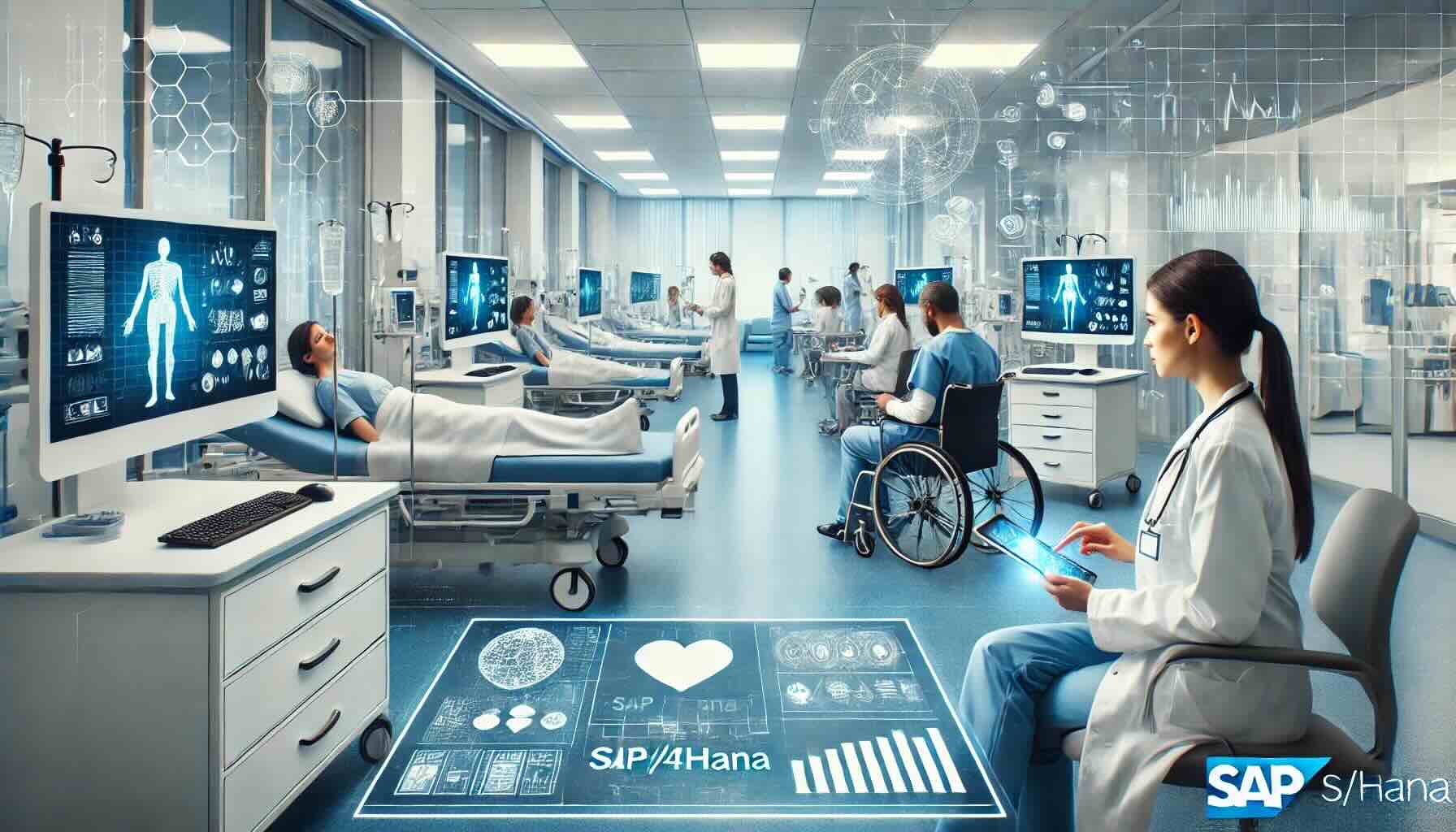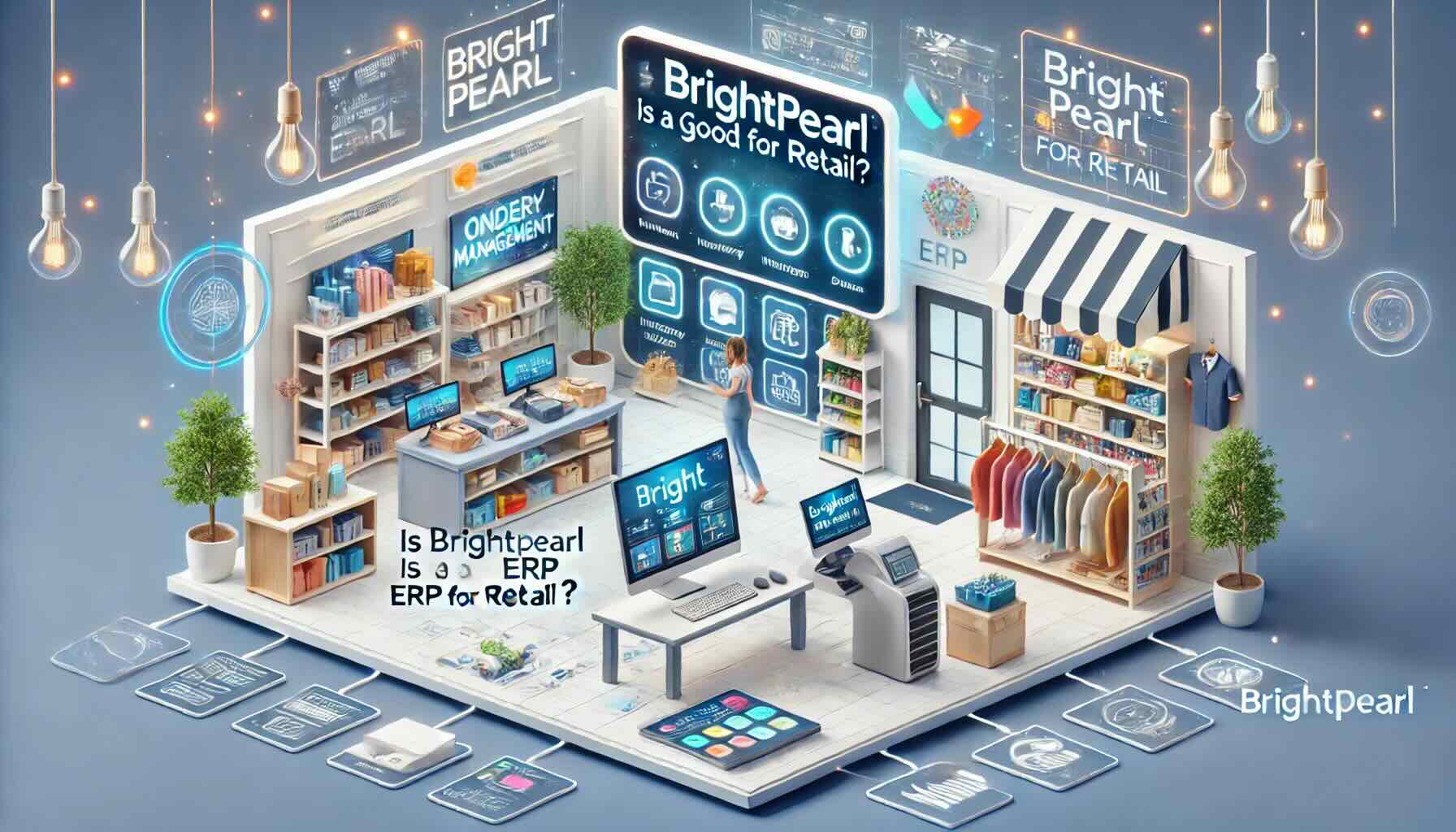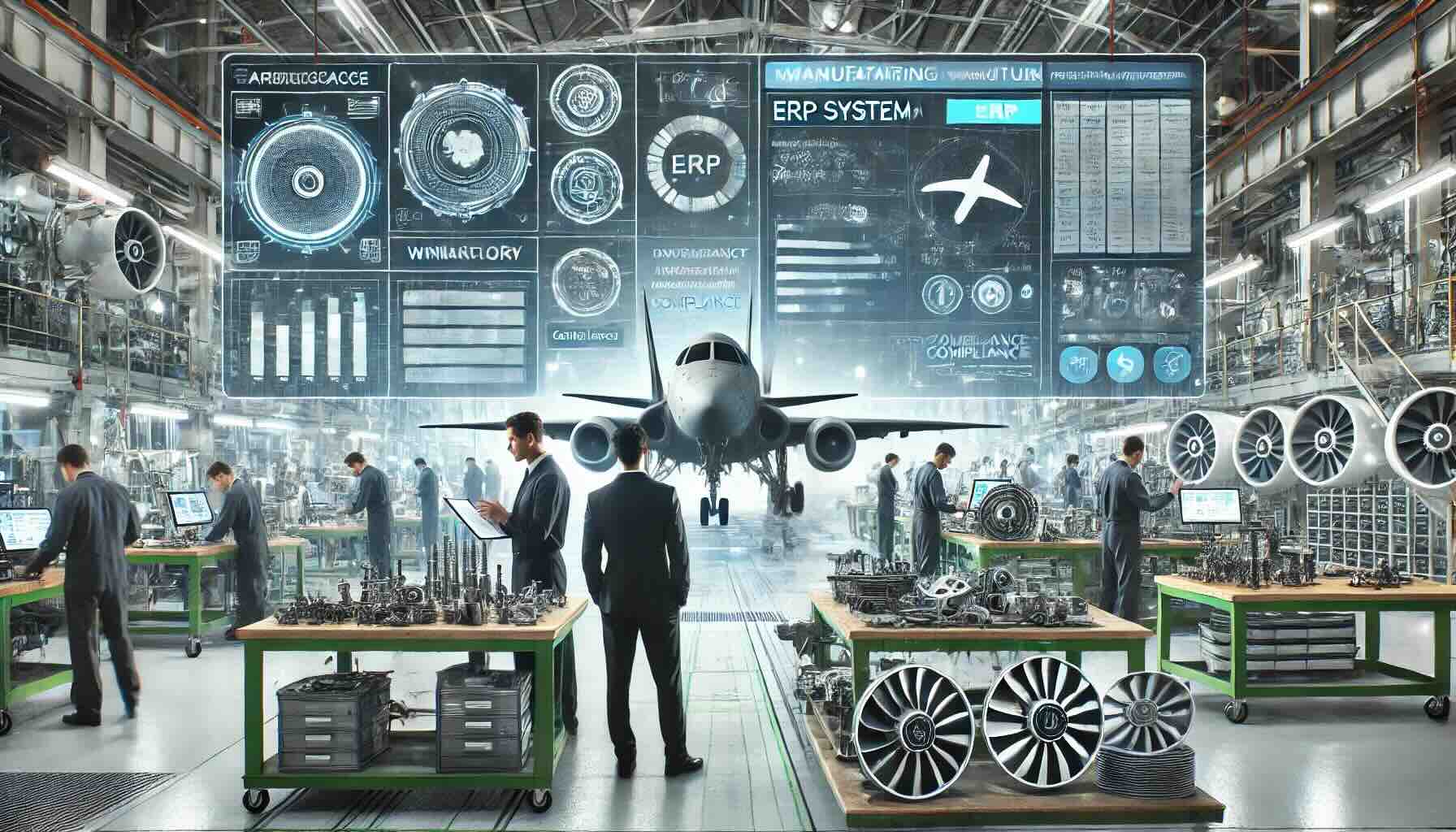Is SAP S/4HANA a Good ERP for Automotive Businesses?

In today’s fast-paced automotive industry, businesses face constant pressure to innovate, reduce costs, and improve efficiency. To meet these challenges, many companies are turning to advanced Enterprise Resource Planning (ERP) systems like SAP S/4HANA. But is SAP S/4HANA a good ERP for automotive businesses? Let’s explore its features, benefits, and potential drawbacks to help you decide.
What is SAP S/4HANA?
SAP S/4HANA is SAP’s next-generation ERP suite designed to help businesses run simple in a digital and networked world. Built on the in-memory SAP HANA database, it offers real-time processing and analytics, helping businesses make data-driven decisions swiftly and accurately. SAP S/4HANA provides a range of modules covering finance, supply chain, manufacturing, sales, procurement, and more.
Key Features of SAP S/4HANA for Automotive Businesses
- Real-time Analytics: SAP S/4HANA’s in-memory database allows for real-time analytics and reporting, which is crucial for automotive businesses where quick decision-making is vital.
- Integrated Processes: It offers seamless integration across various business processes, from supply chain management to production planning, ensuring smooth operations and improved efficiency.
- Predictive Maintenance: With advanced IoT and machine learning capabilities, SAP S/4HANA can predict maintenance needs, reducing downtime and extending the life of machinery.
- Supply Chain Optimization: It helps automotive businesses manage their supply chains more effectively, with features for demand forecasting, inventory management, and supplier collaboration.
- Enhanced User Experience: The SAP Fiori user interface provides a simple and intuitive user experience, making it easier for employees to adopt and use the system effectively.
Benefits of Using SAP S/4HANA in the Automotive Industry
- Improved Operational Efficiency: By integrating and automating various business processes, SAP S/4HANA helps automotive companies reduce manual efforts, minimize errors, and improve overall operational efficiency.
- Cost Reduction: The real-time insights and predictive analytics capabilities of SAP S/4HANA enable businesses to optimize their resource usage, reduce waste, and lower operational costs.
- Better Decision Making: With access to real-time data and advanced analytics, decision-makers can make more informed choices, helping the business stay agile and responsive to market changes.
- Scalability: As automotive businesses grow, SAP S/4HANA can scale with them, providing the flexibility to adapt to new business models and market demands.
- Compliance and Risk Management: The system helps ensure compliance with industry regulations and standards, reducing the risk of non-compliance and potential penalties.
Potential Drawbacks
- Cost of Implementation: Implementing SAP S/4HANA can be expensive, especially for small to mid-sized businesses. The cost includes licensing fees, implementation services, and potential hardware upgrades.
- Complexity: The system’s extensive features and capabilities can make it complex to implement and manage. Businesses may need to invest in training and hiring skilled professionals.
- Change Management: Transitioning to a new ERP system can be challenging. Businesses need to manage the change effectively to ensure a smooth transition and minimize disruptions.
Conclusion
SAP S/4HANA offers a comprehensive and powerful ERP solution for automotive businesses. Its real-time processing, predictive analytics, and integrated processes can significantly enhance operational efficiency, reduce costs, and improve decision-making. However, businesses must consider the costs and complexity associated with its implementation.
For automotive companies looking to stay competitive in a rapidly evolving market, SAP S/4HANA provides the tools and capabilities needed to drive innovation and growth. By carefully planning the implementation and investing in the necessary resources, automotive businesses can reap the full benefits of this advanced ERP system.
In conclusion, SAP S/4HANA is a strong contender for automotive businesses seeking a robust, scalable, and future-ready ERP solution. The investment in SAP S/4HANA can be a game-changer, positioning automotive companies to thrive in a dynamic and competitive landscape.
To compare SAP S/4HANA with 100s of other ERP solutions, you can use our new AI-powered Compare ERP tool. It’s free to use and you get a guaranteed discount on your first year’s licence fees with a referral from Compare ERP.









